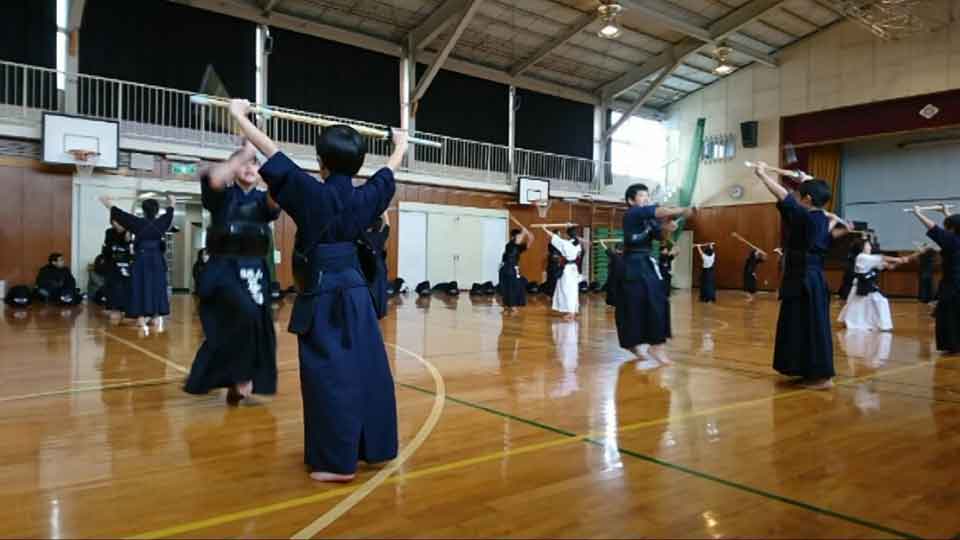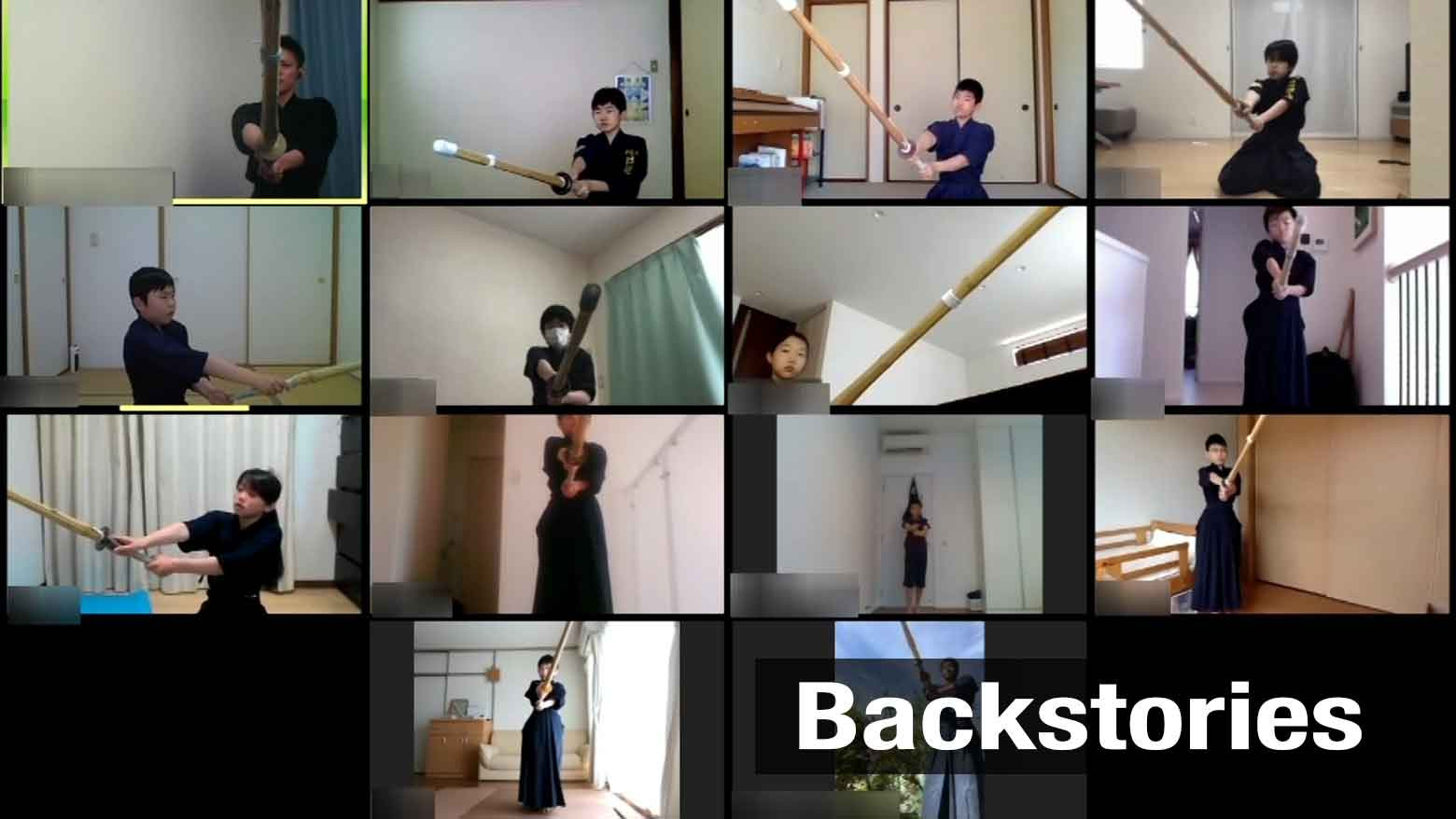On a Sunday morning in April, members of the Higiriyama Shonen Kenyukai kendo club in Yokohama are preparing in Yokohama are preparing to practice, but instead of their usual gymnasium, they’ve set up makeshift dojos in their homes, connected by a videoconferencing service.
For 5th grader Igarashi Makoto, it's the highlight of his day. "I used to go and practice kendo at the same time every week, so I felt like I lost balance in my life when I couldn’t do that anymore. But now I can practice online, I’m happy.”

Their usual weekend practice sessions came to an abrupt halt in March when local governments shut down schools due to the virus outbreak.
Japanese traditional martial arts such as kendo, karate and judo, require body contact for training. That means lots of perspiration and airborne droplets — exactly what experts tell us to avoid. So martial arts dojos have been closed down, and people have been left to practice on their own at home.
The instructors of the kendo club in Yokohama came up with the idea to use videoconferencing for children to practice together. "We thought it's better than having them practice alone,” says Nishimura Osamu. “They can stay connected and lift each other's spirits."
Of course, it's not possible to practice all of the kendo moves in the confines of Japan's relatively small houses. Even basic swings of the bamboo sword are difficult. Some students are trying to do it while sitting so they won't hit the ceiling.
The instructors have had to adapt their drills to keep the children engaged. In one, the students compete to put on their headpieces as quickly as possible.

The online dojo brought about an unexpected reunion with a former student who recently moved to Singapore. Funato Keigo, a first year junior high school student, says it's a welcome relief amid the anxiety of living in a new country, especially with the global pandemic. "I'm so happy to see the other members again,” he says. “And practicing itself is fun.” His mother is happy, too. She says her son has been stuck at home for a long time and he has to be so careful if he wants to go out to exercise, so she’s relieved that he can work out at home with his friends.
Physical bouts are impossible, of course, but they have replaced them with "air kendo" bouts at the end of each session.
Players compete as though they are holding the swords. But with no physical opponent, it's speed and volume that count. When the judge calls "hajime!" (“start!”), the players move and shout — as quickly and as loudly as possible. Other members watch and cheer just as they would in a normal bout.
Instructor Nishimura Osamu says, "We will keep practicing this way so that the kids' bonds won't be broken. Even though they are physically apart, they will remain united by kendo, thinking about each other."
And they say when they eventually meet again, they will be ready to pick up right where they left off.

